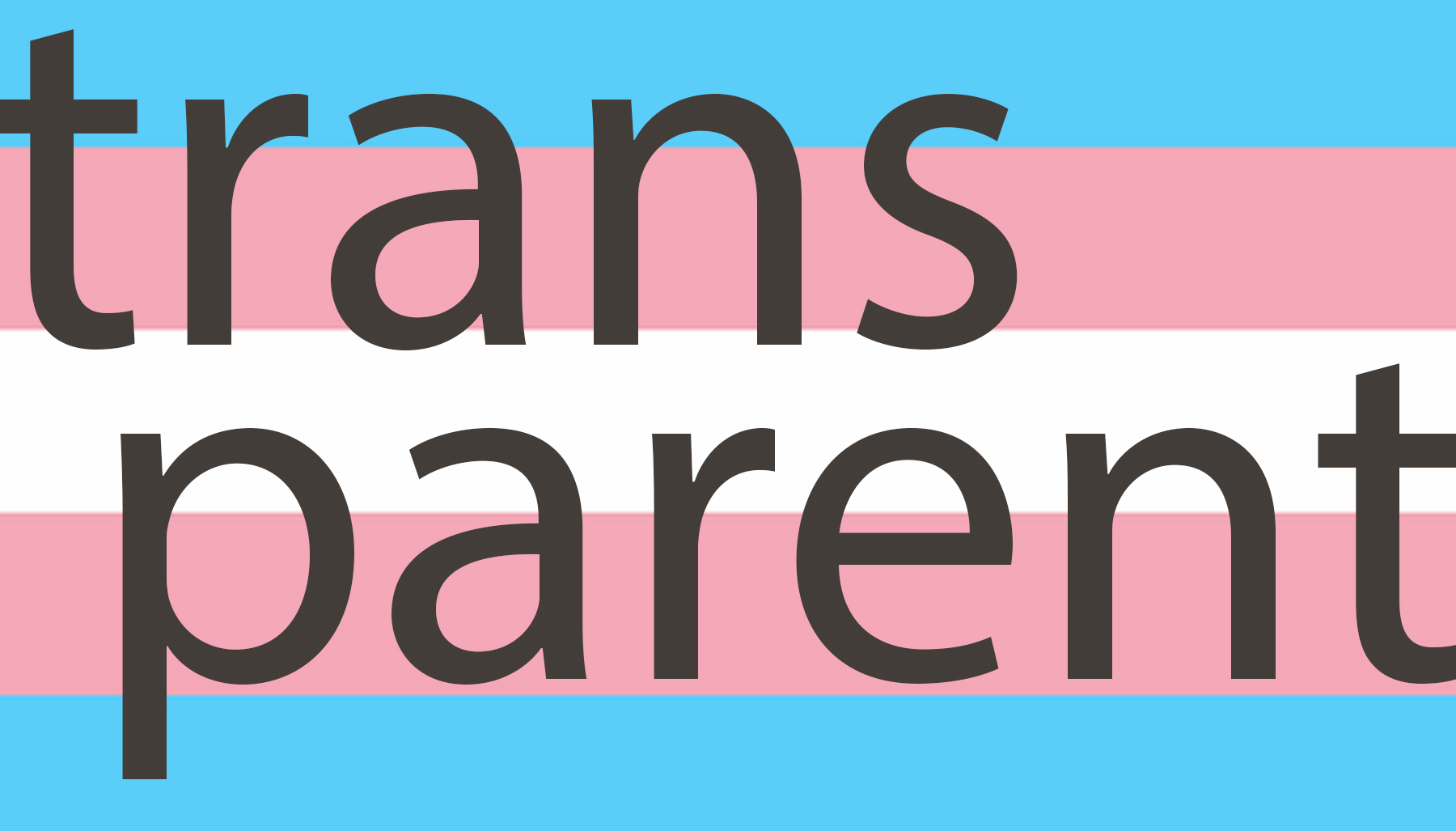
Endometriosis doesn’t just need awareness
By: Samuel Smith, Columnist
Endometriosis – The presence of tissue that normally grows inside the uterus (womb) in an abnormal anatomical location.
It affects about 1 in 10 afab (assigned female at birth) people. Diagnosis is usually between the ages of 25-30, most likely because that’s when people begin trying for children, and endometriosis can cause infertility. Yet it feels like that’s all it’s ever treated for. March is Endometriosis Awareness Month. With all the PSA’s on TV and online nowadays advising young folks to see their doctors, I feel like awareness is slowly gaining traction. Which is great! But why don’t more people know about it?
Endometriosis can cause a myriad of symptoms. It’s not just infertility. It’s also pain, fatigue and bloating, especially around your period, but can be at any point in your cycle.
Painful periods are not normal. Your periods should have some cramping, but not so much that you’re sick or that it’s interfering with your day-to-day life. You should be able to exercise, do daily chores and go to class when on your period. It’s great! It’s fun!
Anecdotally, many doctors ignore it. I for one, know this issue too well – I was begging doctors from the time I was 12 years old to figure out what was wrong with me and why I was in so much pain. Instead, they prescribed me Ibuprofen (which could never even touch the pain) and sent me home. It wasn’t until I was 18 years old – 6 years later! – that I finally got the diagnosis of endometriosis. I was told all sorts of things, that my pain threshold must be low, that I was just going through “normal woman things” (nevermind I’m not a woman), that I just needed to exercise more, or to lose weight. But, wait for it, there’s no cure. There’s “treatment plans,” but those include hormonal birth control, Leuprolide (a hormone suppressant otherwise known as Lupron), and surgeries to remove the endometriosis. That being said, endometriosis will typically, eventually, grow back, and you can’t be on Lupron long-term if you’re an adult because it causes heart and bone issues, and while on it, you can experience amazingly, wonderful side effects like mood swings, headaches, and hot flashes (the same issues that come with menopause – Lupron basically causes a mini-menopause).
So why isn’t there a cure? You know why. You know exactly why.
Sexism in the medical industry isn’t uncommon, as I’ve covered before. When an issue mainly affects women, it isn’t taken seriously. So fight against sexism, and fight for a cure for endometriosis.
If you do have endometriosis, or suspect you may have it, keep fighting, and most importantly, keep taking care of yourself. Don’t beat yourself up if you do poorly on a test because you were having a flare-up. But also, don’t feel like you have to be a warrior goddess/god/princess/prince in order to be a good example of what endometriosis and chronic illness looks like. It’s okay to cry. It’s okay to throw a temper tantrum in your room because the pain is unbearable. It’s okay to eat junk food because your emotions got to you. You have permission to feel, fully, the emotions and baggage that endometriosis brings.
Keep on fighting. Happy March, y’all.

